Laura Reiley with an incredibly interesting piece for the Washington Post:
This month, Tyson announced it is investing in a company that will launch plant-based shrimp early next year, raising a curious question. Will it be kosher? The short answer is its ingredients — which mimic the verboten crustacean with a proprietary algae blend — could well be both kosher and halal. Once the product launches, the company will seek certification so that Jews who keep kosher and Muslims — certain Muslim groups avoid shellfish — can enjoy a shrimp cocktail, scampi, a po’ boy or ceviche.
And yet. In this era of plenitude and choice and disruptive technology, what is permissible, what is forbidden and what is flouting the letter of religious law? The food system is in flux, the rise of plant-based meats and the promise of cell-cultured meats bending categories such that legislation, ideology and theology are scrambling to keep up.
If God says no pork, how does He feel about a very persuasive forgery? And if only beef from the forequarter is permitted, how will observant Jews parse meat grown in a lab, no bones and no quarters at all? How do you bleed an animal with no blood or slaughter an animal humanely if there’s no slaughter? And if you give up meat for Lent, what constitutes a cheat?
This bit from Rabbi Eli Lando, the chief customer relations officer with OK Kosher, is an interesting question:
“Is it a violation of the spirit of the law? That becomes a realm that you can never end.”
[…]
The prohibitions, he said, are about the actual creatures (pigs, shellfish, rabbits and reptiles), not a plant-based facsimile, however uncanny the likeness. Strictly kosher Jews, he notes, are frequently big fans of fake crab made of finely pulverized white fish. Lando sees plant-based meat as a revolution of sorts.
“A person today knows that being kosher does not mean you have to go to the back of the store and look for something like a second-class citizen. Having those products commonly available is achieving a great milestone,” he said.
And I didn’t know this was part of the Muslim tradition of Halal:
The inspection and certification process is similar for halal foods. For plant-based products designed to imitate haram products (pork and other foods forbidden by Islamic law), Roger Othman, director of consumer relations for Islamic Food and Nutrition Council of America, said words matter.
“Plant-based bacon bits, for example. The product would qualify to be halal but may be repugnant to halal consumers if the word bacon appeared in the name,” Othman said. “Halal consumers would not know what pork chews like, maybe not even what it smells or looks like. If plant-based, it could qualify to be halal, but the naming should not contain any pork-related words.”
Which ties slightly back into to the recent legal flare-up between many states’ meat-industries and free-speech advocates that would allow plant-based foods to call themselves “meat”, “sausage”, or even a “burger”. It would be interesting to see if certain products might be repackaged or relabeled depending on what stores they end up in — so that they might be allowed into Halal shops or supermarkets in certain states that deem meat-related labeling illegal.
It’d be interesting if many vegan products, once fully mainstream and with widespread use, moved to welcome religious or more niche audiences by changing parts of their products to appeal to those needs. Maybe we’ll see the same product packaged twice: one named to reference a similar flavor or product (i.e. Tofurkey or things labeled “Chik’n”), and then another where the words give the impression of an entirely new category of product (e.g. seitan, tofu, tempeh). Or if Impossible developed another heme product that they didn’t test on rats to try to entice a certain group of strict vegans. All of these things are possible, but I don’t know what it would take to be cost-effective.
